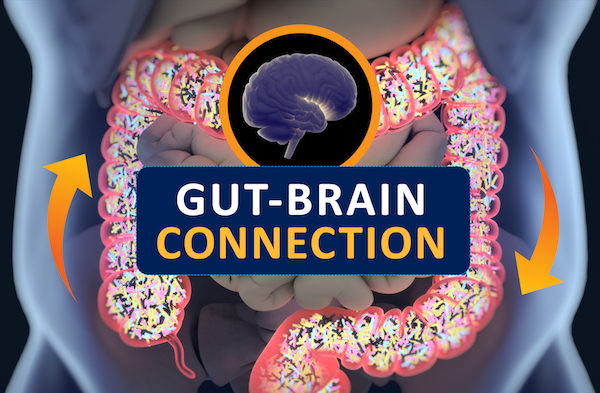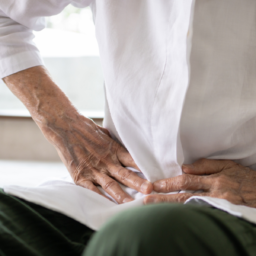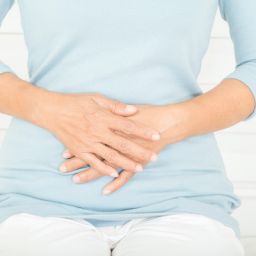“We have discovered for the first time a biological link between the gut microbiome and Parkinson’s disease.”
– Sarkis Mazmanian, Caltech
Since we launched our podcast episodes on the neuroscience of Parkinson’s and a Parkinson’s diagnosis, we’ve had requests for more information on the link between Parkinson’s and the gut.
While great strides have been made in determining the origins of Parkinson’s in the body and the link between Parkinson’s and the gut, there is still a long way to go.
If you’re interested in learning more about this topic, we’ve rounded up some of the best articles and newest research on the subject so you can dive deep.
Does Parkinson’s Begin in the Gut? – May 8, 2018
Around half of the people diagnosed with Parkinson’s experienced constipation prior to their diagnosis and before their first motor-symptoms began, which makes the move toward more studies that focus on the link between the gut and Parkinson’s an exciting one. Especially when you consider what it could mean for treating Parkinson’s in the future. This article outlines the workings of the gut-brain highway, the role inflammation plays in Parkinson’s and some of the treatments currently being tested.
To learn more about inflammation and viruses that infect and replicate bacteria in those with Parkinson’s, read this. And for more on inflammatory bowel disease, read this.
The Gut-Brain Axis in Parkinson’s Disease: Possibilities for Food-Based Therapies – December 15, 2017
The gut-brain axis is a bidirectional communication system between the gastrointestinal tract and central nervous system. This review talks about the evidence supporting the idea that Parkinson’s begins in the gut and also considers how food-based therapies may play a role in minimizing motor and non-motor symptoms in Parkinson’s.
The Nasal and Gut Microbiome in Parkinson’s Disease and Idiopathic Rapid Eye Movement Sleep Behavior Disorder – August 26, 2017
The objective of this study was to compare microbiota in the nasal wash and stool samples of people with RBD (REM Sleep Behavior Disorder)—a frequent early symptom of Parkinson’s—people with Parkinson’s and healthy individuals. The study revealed differential abundances of gut microbes in people with Parkinson’s and RBD in comparison to the healthy controls.
Parkinson’s May Begin in Gut Before Affecting the Brain – June 15, 2017
It has been found that people with Parkinson’s have clumps of the misfolded protein alpha-synuclein in their brains and in their guts. Since the vagus nerve connects the brainstem to the abdomen, scientists wondered if those who had surgery to remove the base of the vagus nerve to treat their ulcers would decrease their risk of developing Parkinson’s. The results indicated that the patients had a 40 percent lower risk of developing Parkinson’s later in life compared with people who didn’t have their vagus nerve removed.
New Information on the Parkinson’s-Gut Connection – March 20, 2017
People with Parkinson’s have different numbers of bacteria in their gut than people without Parkinson’s. Geography (exposure to environmental toxins) affects the type of bacteria found in the gut and the gut’s ability to remove the toxins, leading to an increased risk of developing Parkinson’s.
New Evidence Suggests Parkinson’s Might Start in The Gut, Not The Brain – December 5, 2016
After research conducted with mice, scientists believe that gut bacteria may release chemicals that over-activate certain parts of the brain. Timothy Sampson said, “Now we were quite confident that gut bacteria regulate, and are even required for, the symptoms of Parkinson’s disease.” Read more details about the study here and here.





